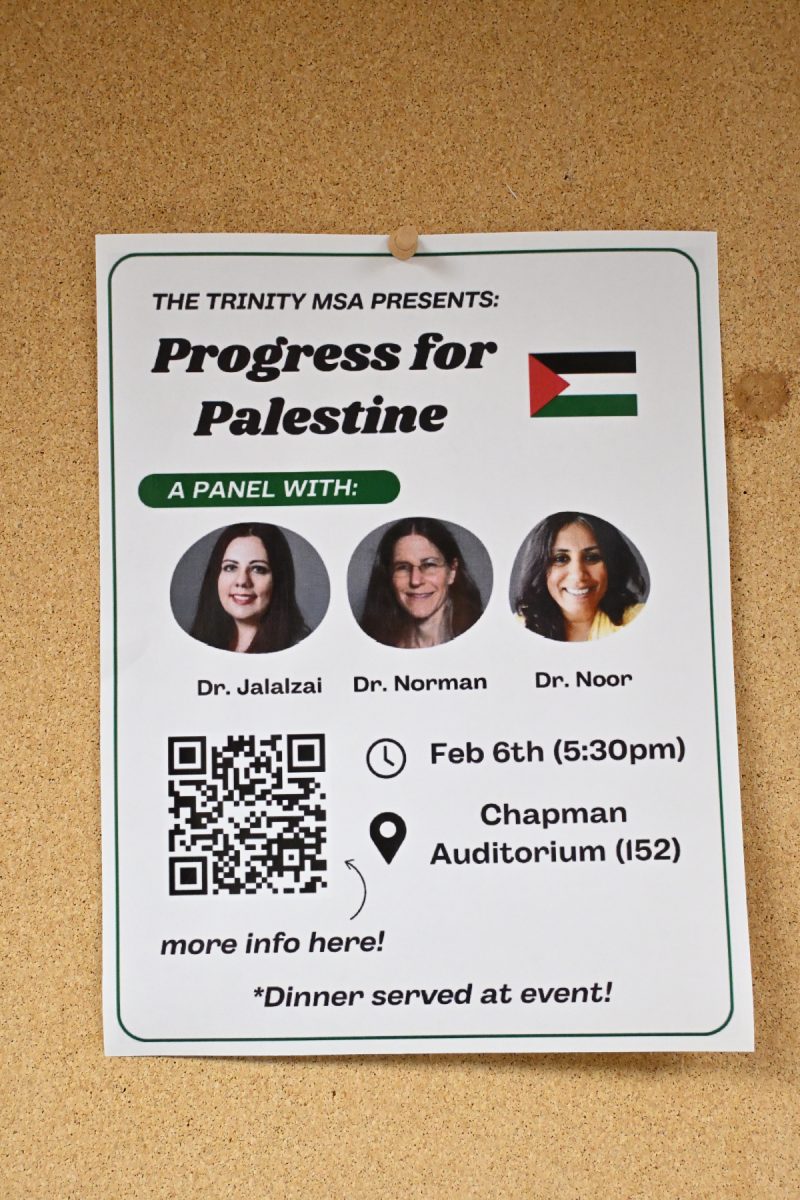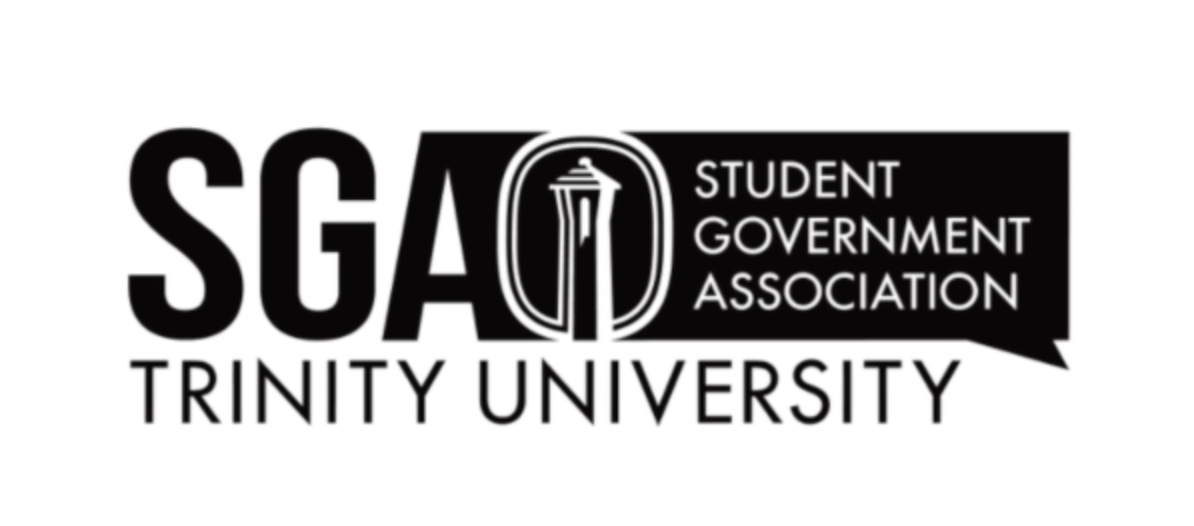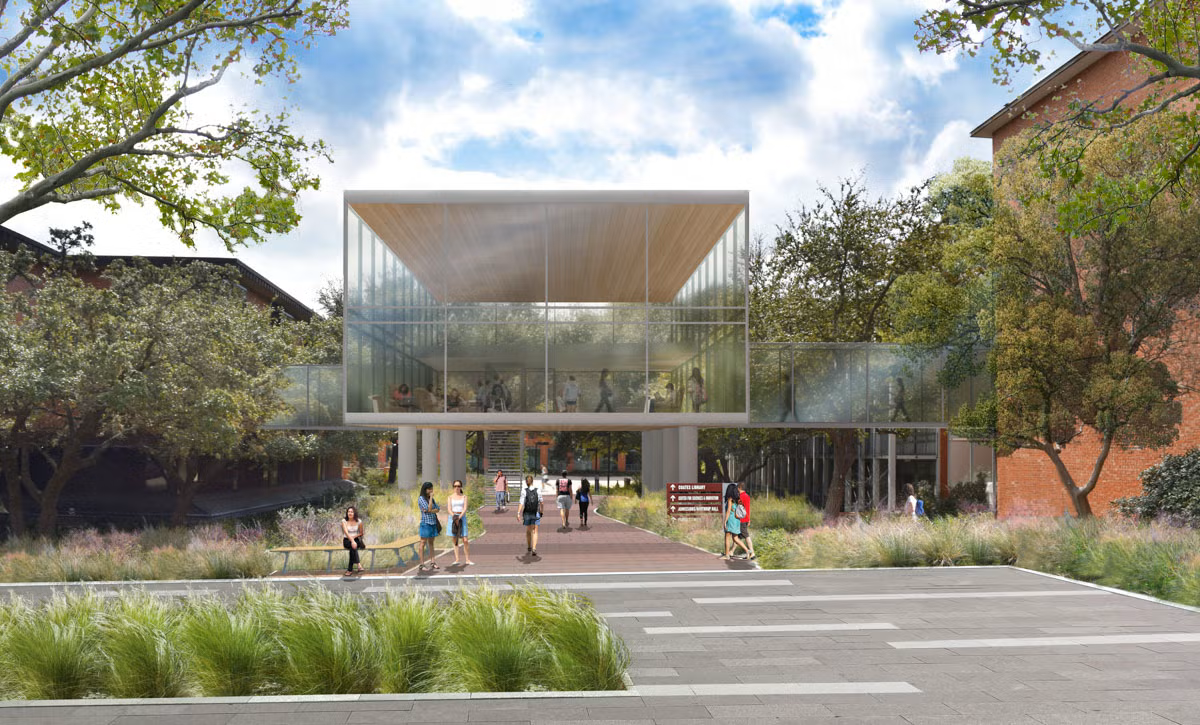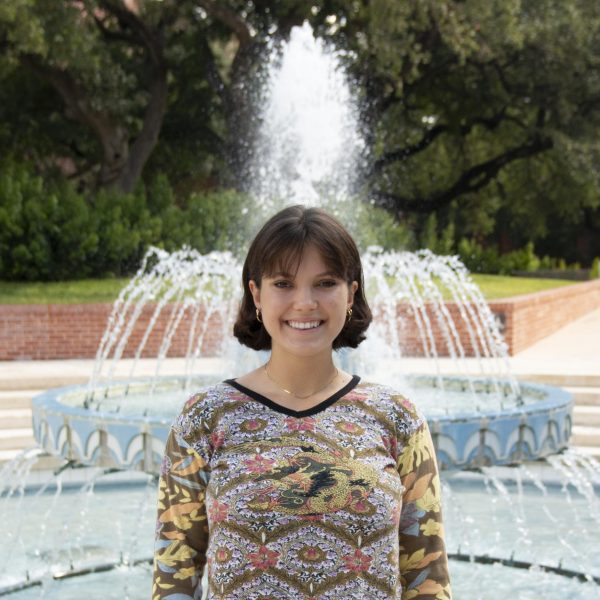Event sponsors, including professors and MSA leaders, canceled the “Progress for Palestine” Panel, scheduled for Feb. 5. The event would have featured three professors, Judith Norman, Habiba Noor and Sajida Jalalzai.
The university administration did not decide to cancel the event, rather the event was canceled because of conflicts in timing combined with new federal and state executive orders, according to Noor and Andrew Wells. Federally, an executive order went into place January 2025, which threatens deportation for international students who speak outwardly in support of Palestine. On the state level, Executive Order 44 has been effective in the state of Texas since March 2024 and expanded the definition of antisemitism to include anti-zionism, categorizing discussions related to Palestine on college campuses as hate speech and requiring universities to regulate them.
Habiba Noor, education professor, was set to speak on the “Progress for Palestine” Panel. She confirmed that the cancellation was decided by the panelists and organizers. Noor commented that the pressure surrounding discussions on Palestine, often indirect, creates an air of silence and chilling effect that has made many fearful to talk about the issue. While conversations on Palestine and Israel have long been contentious, Noor said it has worsened since the Oct. 7 Hamas attacks and the free speech regulations that followed.
“Shutting down academic freedom isn’t just someone coming in [making] black marks over your syllabus,” Noor said. “The power of censorship becomes evident when people are silencing themselves. But it’s important to recognize that in this case self-censorship has the goal of protecting visa statuses and jobs.”
Judith Norman, philosophy professor, was also supposed to speak on the “Progress for Palestine” Panel. As a Jewish woman, she explained her concern for the Palestinian people is deeply connected to her religion.
“The discomfort that people have hearing criticisms of Israel have come to be seen as an assault on religious identity,” Norman said. “My commitment to honor what I’ve heard in Gaza is sacred to me as a Jew. And so the fact that the free speech environment here has put pressure on my identity as a Jewish person whose Judaism requires them to stand up for the people of Palestine has been very hard. I regret it.”
Norman discussed how the Israel-Palestine conflict is a test of free speech, especially since the war’s escalation. She stated the importance of all speech regarding the conflict and its ability to broaden people’s understanding.
“If a Jewish person can’t speak out from her identity for Palestine, then how much more difficult is it for a Muslim person who has a different set of prejudices working against them?” Norman said. “Everybody has some agency in the world of politics, and we can’t live up to the demands of that, you know, the responsibility to take part in politics and fight for justice unless we have a sense of the various issues in the world and a sense that we can take a stand that’s aligned with our conscience and be protected in doing so. These are vital civic values. At Trinity we don’t find conflict so much as embarrassed silence, and I’ve found that silence to be very loud.”
A student who chose to remain anonymous and has worked closely with MSA and other pro-Palestine movements on Trinity in the past spoke about the challenges that they faced getting events about Palestine approved. They said that in the future, they hope there will be more freedom of speech regarding the issue.
“For us to have an educational event about Palestine, we’re fighting tooth and nail to make it happen,” they said. “It’s just a frustrating experience because it does feel like, where is the line for free speech? Where is that? It’s a little frustrating. And unfair, completely unfair.”
The student said the only way to become fully educated on the issue was through full expression of freedom of speech. They encouraged the school to provide a platform for all opinions, especially underrepresented ones.
“More than ever we should be talking about it. We should be having a conversation where people are being educated on what’s going on,” they said. “Let’s talk about what’s going on and work together on the things that we agree with … but if we’re not even given the room to be able to say ‘Palestine,’ to be able to have the events that we want to have then there’s no discussion ever.”
Andrew Wells, vice-preseident of Student Affairs, explained that events planned by student organizations go through the event review committee. Wells said that by using a rubric to approve events, the event review committee remains unbiased and events of diverse viewpoints are welcome and encouraged at Trinity.
“The event review committee uses a rubric when they’re evaluating these elements of a program in order to ensure that the advice they give is content neutral, viewpoint neutral. So if the event review process is working according to its design, there should be no difference between whether the event is being planned by the Muslim Student Association or Hillel or PRIDE,” Wells said. “Our purpose here is to promote those organizations’ ability to explore the ideas they want to explore in a marketplace of ideas.”
When asked if the university would be complying with the recent state and federal executive orders, Wells declined to comment.






